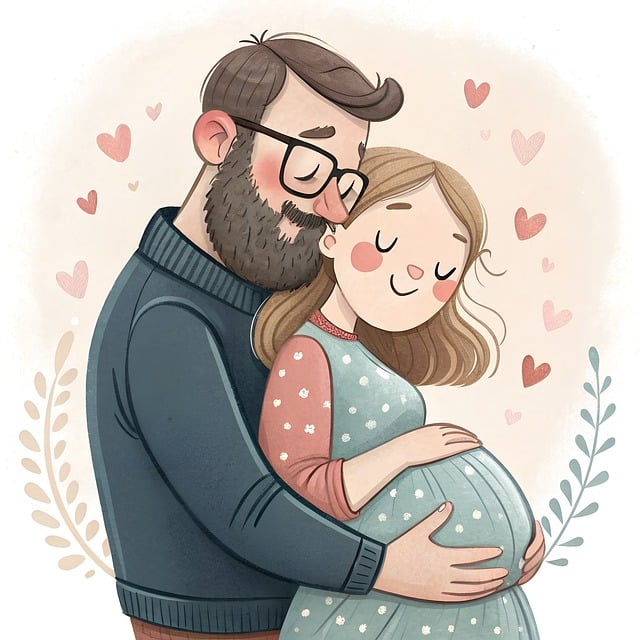Fertility can be a complex and often misunderstood topic. With so much information available online, it’s easy to get overwhelmed by both helpful facts and misleading myths. Recently, Dr. Emily Ray, a fertility specialist, shared some insights that really help clarify common misconceptions about fertility. Here’s a rundown of five prevalent myths that you might encounter.
Myth #1: Day 14 is the best day to conceive.
Many of us have heard that ovulation occurs on day 14 of a 28-day cycle, but that’s not always the case. In reality, individual cycles can vary significantly. Studies show that around 65% of women don’t ovulate on days 13 to 15. So, it’s essential to track your cycle more closely instead of relying on that one-size-fits-all rule.
Myth #2: Wait a year before consulting a doctor.
While it’s often suggested that couples should try to conceive for a year before seeking medical advice, this advice can vary. Dr. Ray emphasizes that if you’re under 35, a year may be reasonable, but if you’re 35 or older, it’s better to consult a specialist after six months of trying. If you have known conditions like irregular periods or previous miscarriages, don’t hesitate to reach out to a professional right away.
Myth #3: Being fit means you’re fertile.
Just because you’re healthy and fit doesn’t mean your fertility is guaranteed. Many believe that being in good shape will ensure easy conception, but factors like age and hormone levels play a critical role. Dr. Ray suggests getting your anti-Müllerian hormone (AMH) levels checked if you’re planning to conceive or considering egg freezing, as this can give you an idea of your egg supply.
Myth #4: Testosterone supplements boost sperm production.
For men with low testosterone, the idea that taking testosterone can help increase sperm count is misleading. In fact, using testosterone supplements can actually reduce natural sperm production. It’s advisable for men to avoid these products during their peak fertile years to maintain optimal sperm health.
Myth #5: It’s fine to wait until 35 to start a family.
While many women believe they can wait until 35 to start having children, age is a significant factor in fertility. Dr. Ray points out that egg quality declines sharply after 35, making conception more challenging. Plus, men also experience a decrease in fertility with age, so it’s wise to consider starting a family earlier if possible.
It’s important to be well-informed and proactive about fertility. If you’re interested in learning more about what you can do to enhance your chances of conception, check out this insightful post on fatherhood from Jake Thompson. And if you’re looking for resources on home insemination, you can visit Make a Mom for their expert advice.
In summary, understanding these common fertility myths can help you make better-informed decisions as you navigate your journey to parenthood. Always consult with a healthcare professional for personalized advice and support.

